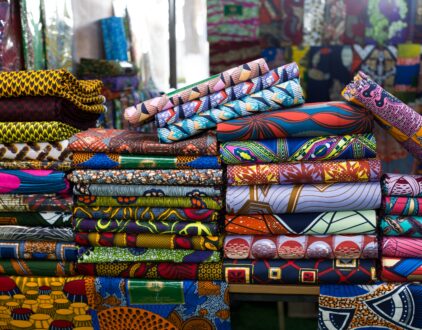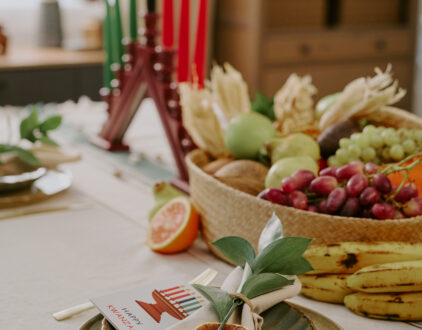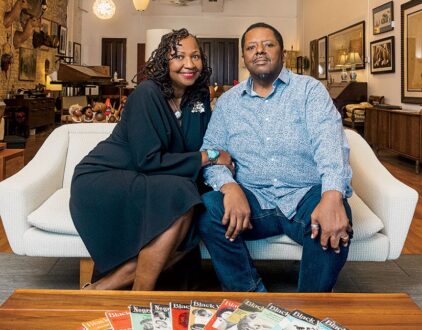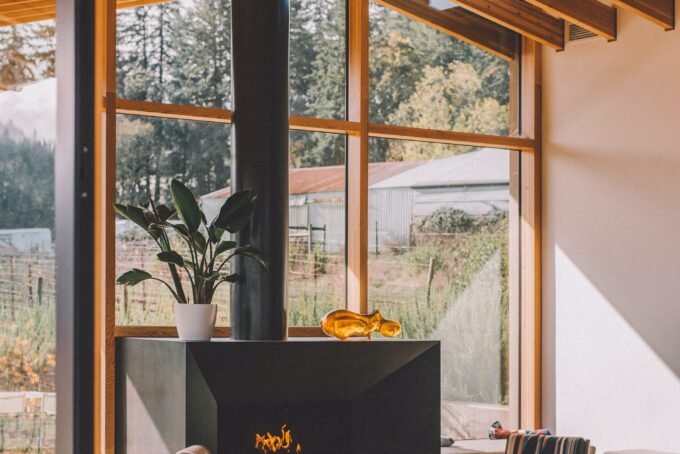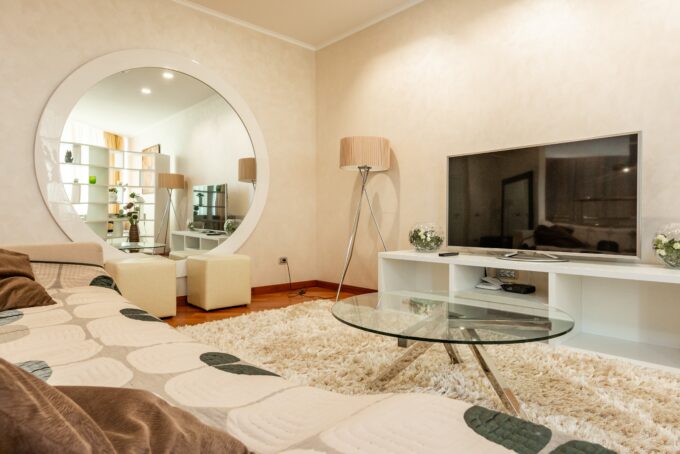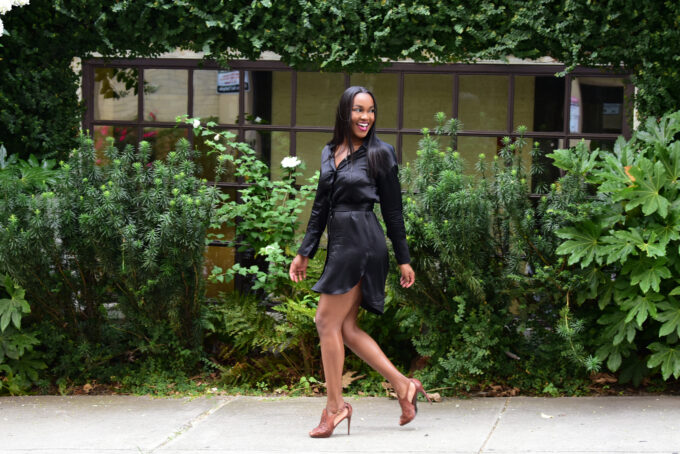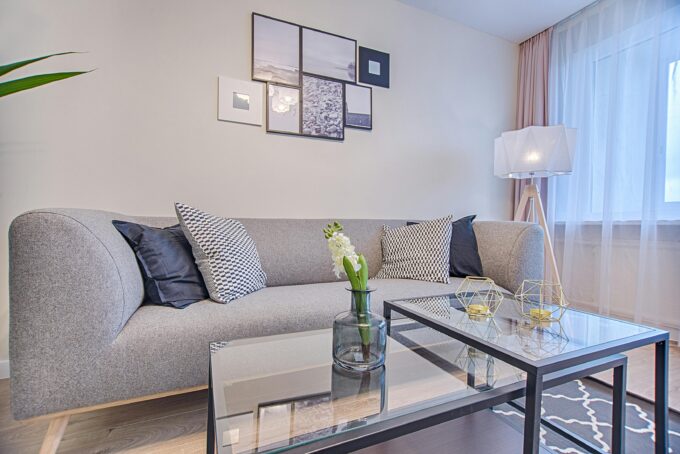If you want to add a touch of vintage charm to your decor theme, let history lead the way. From Victorian grandeur to groovy 70s style, each historical decade can speak to your personal preferences and help inspire your aesthetic. You can explore the defining design eras of the 19th century to uncover which style resonates with you. Are you enamored by the flamboyance of Art Deco? Or the dark, brooding energy of a Grunge aesthetic? Every period is defined by distinct styles and trends.
Which historical decade should be your decor theme?
History can teach us a lot about our past. And when it comes to home decor, it can point to our present, too. Each historical decade has its own unique decor theme that defines the culture of that period. From Art Deco to Streamline Moderne, there are so many interior design aesthetics that you can use as inspiration for your next design project. Read on to find out which historical decade speaks to your design style the most:
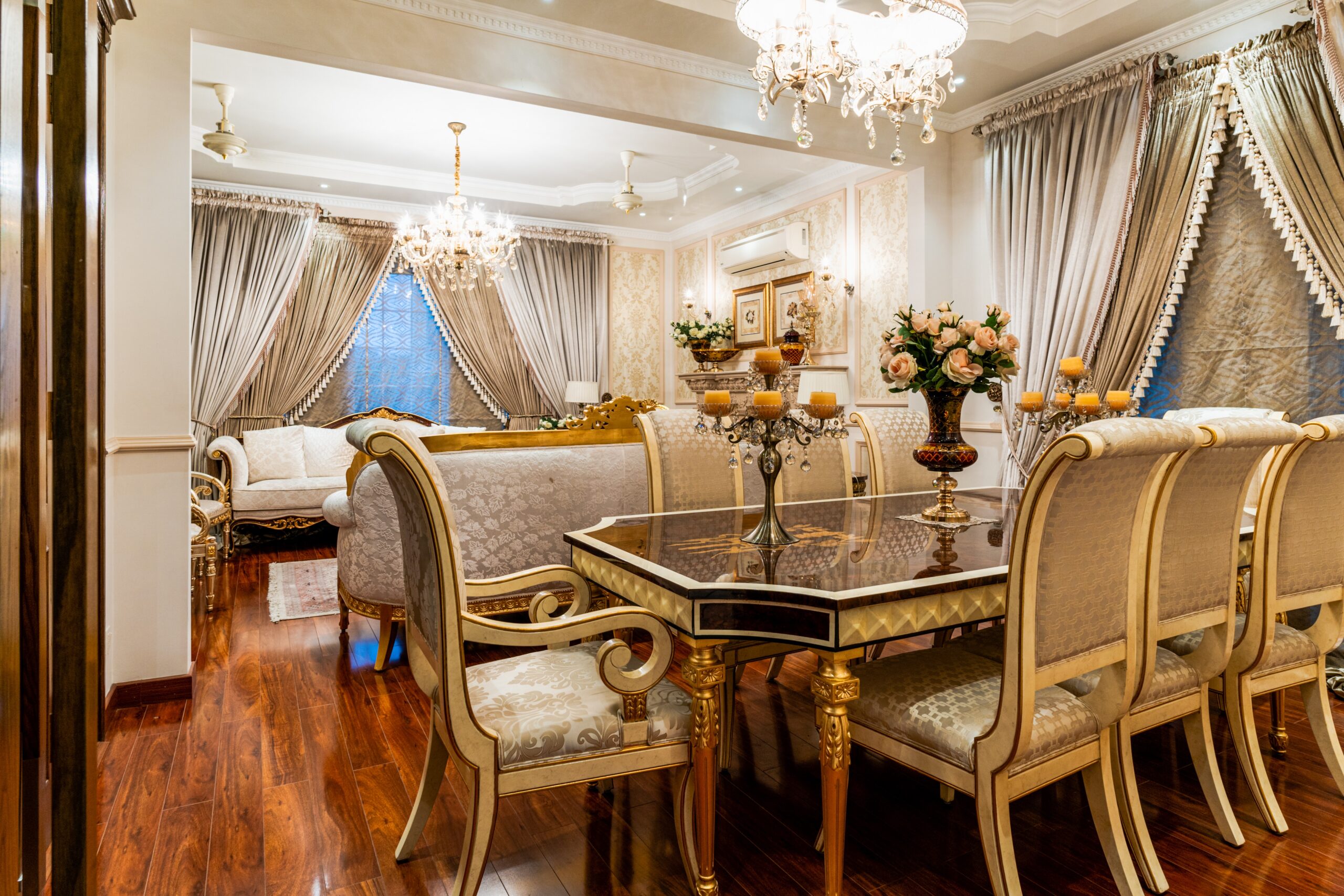
1900s – Victorian
The turn of the century ushered in a Victorian style. If you can appreciate dark woods, floral wallpaper, and heavy drapery and upholstery, consider a Victorian decor theme for your next design project.
1910s – Prairie
The Prairie style was big way back in the 1910s. For a more modern prairie theme, think rich, earth tones, handicrafts, and minimalism.
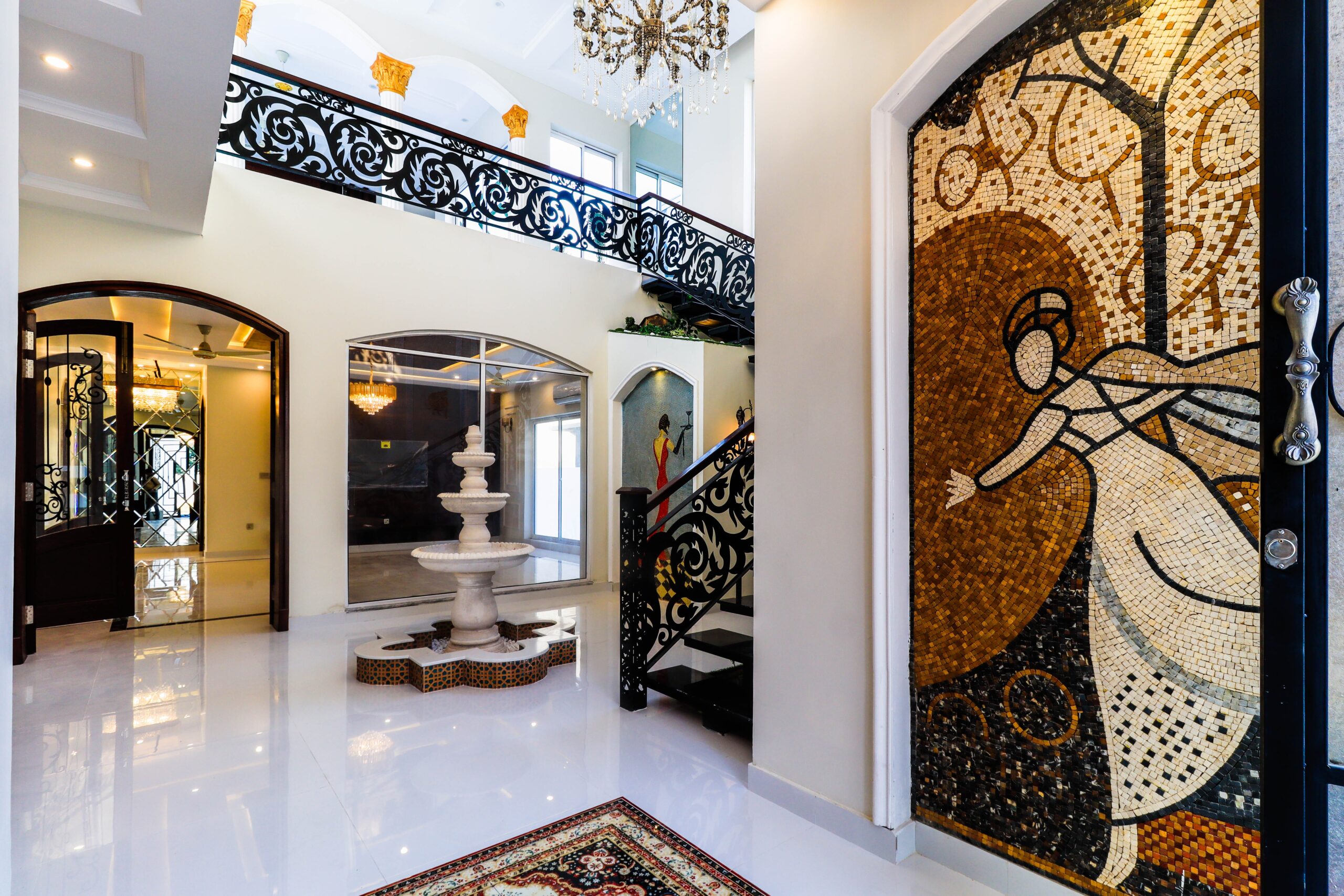
1920s – Art Deco
If you enjoy the arts, the 1920s is the decade for you as Art Deco dominated design and style. “Roaring Twenties” decor consists of bold geometric patterns, saturated colors, sleek lines, and lots of African and Egyptian influences.
1930s – Streamline Moderne
Do you consider yourself a progressive thinker? If so, try the 1930s Streamline Moderne style. This unique style included open spaces, lots of natural lighting, nautical elements, futuristic technology influences, and rounded, aerodynamic forms made from industrial materials such as bakelite, steel, glass blocks, and plastic.
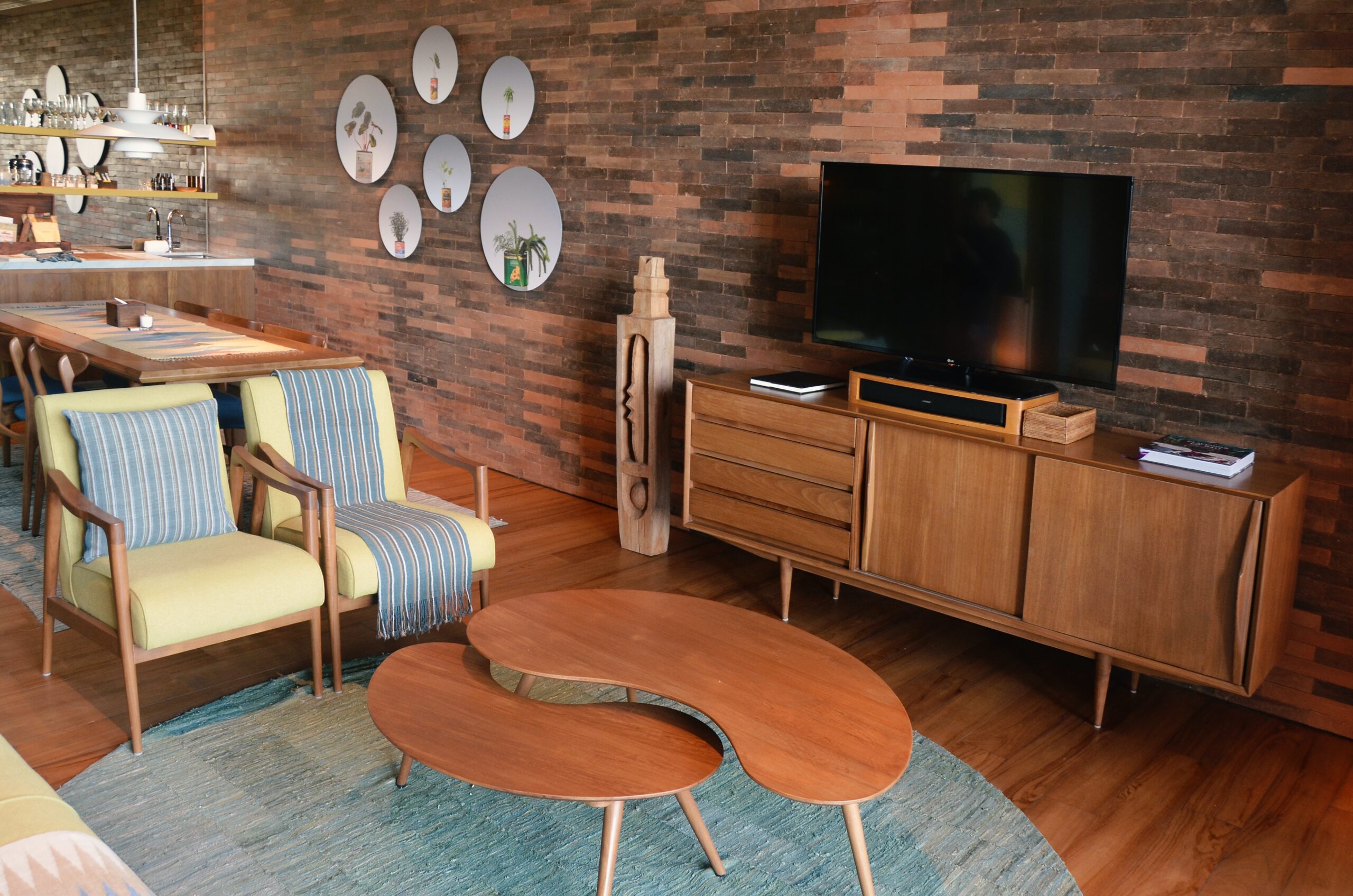
1940s and 1950s- Mid-Century Modern
Smack dab in the middle of the century is the Mid-Century Modern design style. Mid-Century Modern emerged in the 40s but stretched into the 50s, 60s, and even 70s. This style brought about plenty of Scandinavian influences featuring light woods and organic shapes. So if you prefer clean spaces with open floor plans, modern Danish furniture, retro motifs, and vivid color schemes, this design style is right up your alley.
1960s – Mod
The 1960s introduced a more bright and colorful Mod style. This design style features lots of psychedelic patterns, inflatable furniture, and decor made from plastic materials — the perfect style for the flamboyant personality.
1970s – Groovy
Are you all about creating good vibes? The 1970s are responsible for this groovy style that includes shag carpeting, wood paneling, bean bag chairs, earth tones, and funky lighting — i.e. lava. lamps — making this retro style just right for the laidback personality.
1980s – Memphis
If you enjoy a postmodern, eclectic aesthetic, try the 1980s Memphis style. This design style features bold colors and patterns, kitschy motifs, postmodern furniture, and contrasting colors, shapes, and materials.
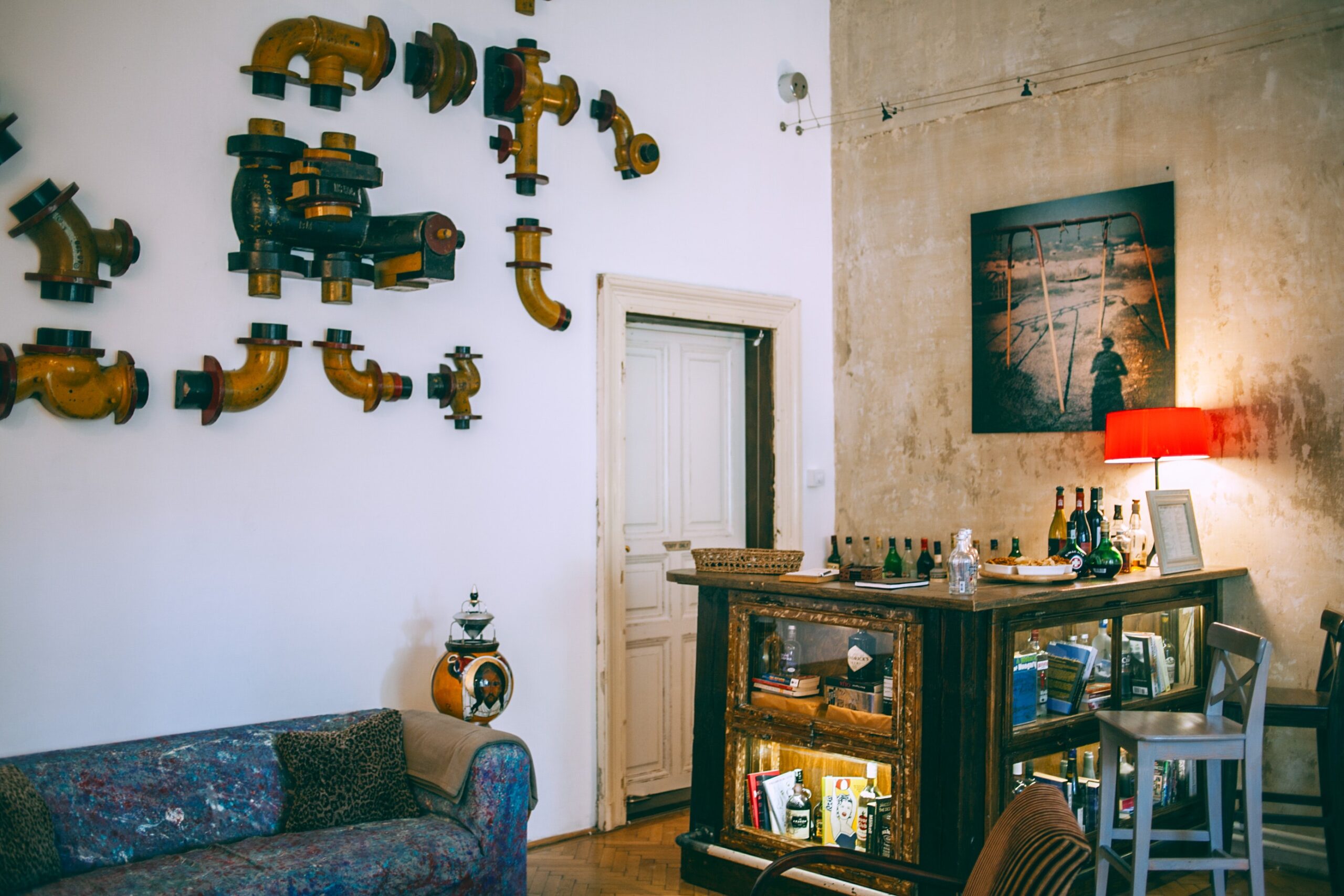
1990s – Grunge
A decade before the start of the new millennium, the Grunge design style reigned supreme. To incorporate this style into your decor, consider adding exposed brick, distressed wood, repurposed furniture, and thrift store accessories to your space.
2000s – Y2K
The 2000s shied away from boring, traditional design styles, and embraced a more modern, transitional aesthetic. In the early 2000s, comfort and functionality were the name of the game, which is why open floor plans, neutral color palettes, track lighting, display shelving, granite countertops, and stainless steel appliances are a big part of this stylish decade.
popular posts
Spaces
Whether it’s luxury or ease, every area of your home should be as fabulous and unique as you.
FOLLOW ALONG ON INSTAGRAM
#homeandtexture
Find us on social for more home inspiration where culture, personal style, and sophisticated shopping intersect to help you create a home where you love to live.

